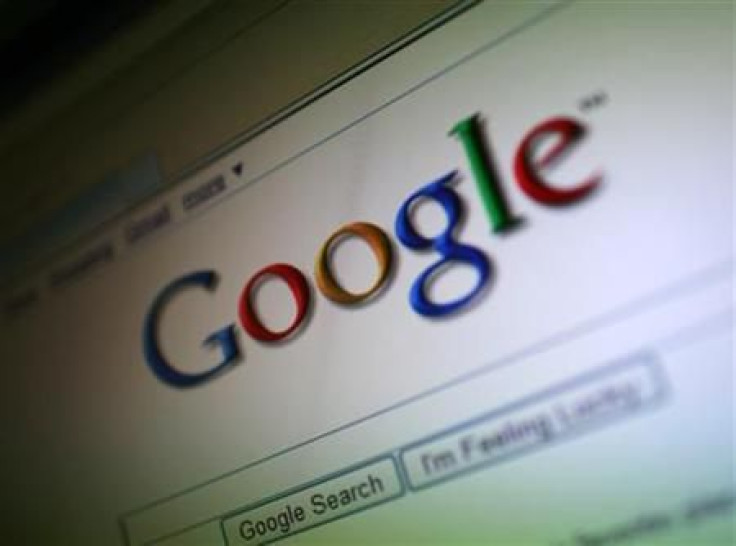Opposition to Online Piracy Legislation Grows Among Lawmakers

A bipartisan bill to combat online piracy has hit some bipartisan opposition, with lawmakers in the U.S. House of Representatives voicing concern that the legislation is broad and could have unintended consequences.
Rep. Darrell Issa, a Republican of California, told The Hill on Wednesday that he believed the Stop Online Piracy Act, or SOPA, has no chance of passing the House. He also said the bill is way too extreme in its current form and that House leadership will consider it too dangerous.
This is a very broad coalition from far left to far right who realize this will hurt innovation, something we can't afford to do, Issa said. And there are other ways to accomplish what they say is their goal
House Democratic Leader Nancy Pelosi said on Twitter Thursday that Congress should find a better solution than SOPA.
These comments followed the House's first hearing on the bill Wednesday. SOPA is intended to fill gaps in 1998's Digital Millennium Copyright Act. A companion bill to SOPA, the Protect IP Act, is moving its way through the U.S. Senate.
The legislation attempts to fight online piracy and copyright infringement allowing the U.S. Department of Justice and copyright holders to get a court order to block access to foreign websites.
SOPA would also let copyright holders get a court order to shut down domestic websites that feature or sell infringing content. Payment networks like PayPal and Internet service providers would also be required to help shut down websites and financial transactions from infringing websites.
To be deemed a rogue website, the site must be dedicated to the theft of U.S. property, according to SOPA's language. A site that engages in, enables or facilitates copyright infringement or avoids confirming a high probability of infringing activity would fall under SOPA's definition of a rogue site.
The Justice Department could get court orders blocking U.S. access to such websites, which could be easily circumvented.
While the bill has support from groups representing content makers--the largest organizations being the Motion Picture Association of America and the Recording Industry Association of America--tech giants like Google and Facebook have opposed the bill for being too broad.
Google's policy counsel, Katherine Oyama, testified that any legislation in this arena should be carefully crafted, narrowly focused, and clearly targeted at foreign sites that specialize in disseminating copyrighted material or counterfeit goods.
Those sentiments were shared by a group of nearly a dozen Democratic and Republican lawmakers who fired off a letter this week to Judiciary chairman Rep. Lamar Smith of Texas and top committee Democrat Rep. John Conyers of Michigan.
The 1998 digital copyright law, the letter says, includes a safe-harbor provision to protect companies like Facebook, Twitter and YouTube from liability.
The SOPA overturns this basic protection through broad, vague new standards of liability, the letter said. The result will be an explosion of innovation-killing lawsuits and litigation.
Wednesday's hearing started off with prominent lawmakers on the House Judiciary Committee stressing the importance of passing SOPA to crack down on lucrative piracy sites. But some supporters of the legislation were open to changes.
Rep. Howard Berman requested ideas from the bill's opponents after grilling Oyama, Google's chief policy counsel, about the prominence of The Pirate Bay--a popular website for downloading content--in the search engine's results.
You think it goes too far, it's too excessive? Give us something specific, Berman, a Democrat of California, told Oyama. Infuse yourself with the notion of, you want to stop digital theft. What works?
© Copyright IBTimes 2024. All rights reserved.











